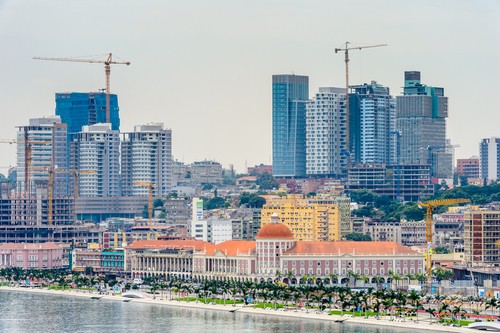South Africa is actively working toward firming up its policies in the use of digital technology to reduce the inequality gap. In addition, the country also seeks to tap into new opportunities in the technology space and extract benefits from information communication technology (ICT) for its post-pandemic revival.
In fact, President Ramaphosa’s fourth industrial revolution commission has already brought up recommendations approved by the cabinet. The coronavirus pandemic has brought to light the importance of data and its catalysing effect in digital transformation. Economies around the world are heavily reliant on digital technology and innovations for growth and expansions.
It is reported that there is a dramatic increase in connectivity across the continent and surging demand for cloud-based solutions.
Minister of Communications, Telecommunications and Postal Service Stella Ndabeni-Abrahams, at an event, told reporters that “Technology can address the most challenging development problems faced by South Africa and the rest of the continent. By supporting SMMEs to develop technology that will optimise the delivery of services in sectors such as health, education, and transport, we can simultaneously enhance the wellbeing of our citizens and become globally competitive.”
Earlier this month, it was reported that the country has failed to tap into the full potential of the digital revolution. The country has moved downward on the International Telecommunication Union’s Information Society Index which measures the degree of evolution in countries in this regard. The index is largely focused on three measures: readiness, intensity and impact. In 2018, South Africa was ranked 104 out of 144 countries on the index, in terms of access to fixed broadband.

